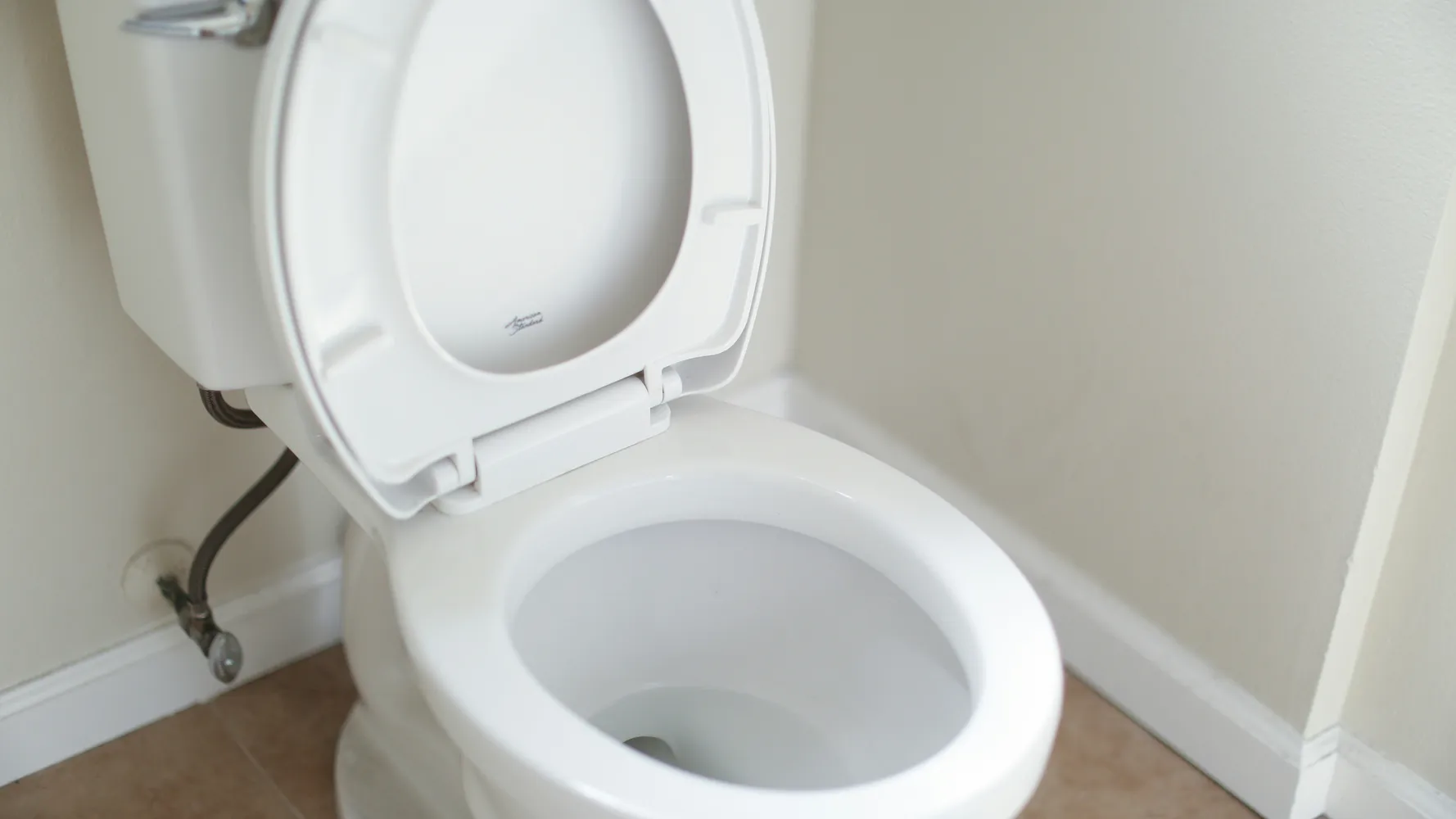Copyright huffingtonpost

This month is Urology Awareness Month, which aims to shine a spotlight on urology-related conditions like prostate cancer. Though roughly 150 people get diagnosed with prostate cancer in the UK, Dr Jiri Kubes of the Proton Therapy Centre said, “Many men with prostate cancer will have no symptoms until the cancer spreads to other parts of the body”. The radiation oncologist added that because there are currently no routine prostate screenings, spotting early cases is difficult. “For this reason,” he explained, “it’s important men pay very close attention to any changes in their urinary habits. While they can often occur for innocent reasons, it still pays to know what’s happening in your body”. Here are four changes he’d never ignore: 1) Finding it difficult to start peeing This is also known as “urinary hesitancy” and is most often caused by benign prostatic hyperplasia (BPH), or an enlarged prostate. This usually harmless issue is most likely caused by factors like ageing, though you should still get it investigated by a GP. But struggling to start peeing or straining when you do go could also be a sign of prostate cancer, the NHS added. 2) Needing to pee urgently Feeling like you need to go very urgently or very often can be a sign of prostate cancer. This might happen a lot at night. Again, the symptom can also be a sign of BPH, which does not develop into cancer. Still, it’s worth a doctor’s visit. 3) Having a weak flow Usually, this is another sign of BPH, though it could belie prostate cancer, too. Cleveland Clinic writes that this can present as a weaker stream of urine than usual, or pee that starts and stops. 4) Feeling like you still need to “go” after peeing If you’ve started feeling like you haven’t been able to properly empty your bladder, either BPH or, more rarely, prostate cancer could be at play, Dr Kubes said. You might also have burning or pain when you do urinate. 5) Noticing blood in your urine or semen This is always worth seeing a doctor about. You should ask for an urgent GP appointment or call 111 if you notice blood in your pee, the NHS says, even if you have no other symptoms, if it’s happened for the first time, or if you’re not sure it’s blood. This is because it “can be a sign of cancer. This is easier to treat if it’s found early”. When should I see a GP? If you notice any of these changes, speak to a doctor. Even BPH is worth getting checked out. “Often men will get an enlarged prostate as they age, which can give the same symptoms and is nothing to worry about,” Dr Kubes said. “But it’s important to know what’s going on in your body and speak to your GP if anything changes, gets worse, or worries you. It can be easy to bury your head in the sand, but don’t wait for things to get worse. “It’s important to speak up, and there is nothing to be embarrassed about.”



